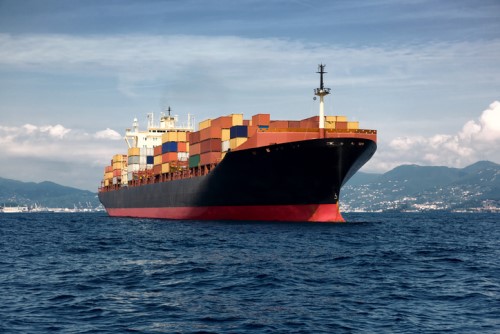

The YM Efficiency attracted significant media attention in July when it arrived off the North Coast of NSW, having lost 80 containers due to bad weather.
Chris Collins, underwriting manager for SURA Marine, notes that the incident serves as a case study for cargo owners on the importance of arranging individual marine insurance. While no central records are currently maintained of how many containers are lost overboard each year, the number is estimated to be anywhere from several hundred to 10,000.
“That might seem high, but the number of containers moved each year is in the millions,” says Collins. “Not every insurer will necessarily experience a claim – as of 2018, SURA Marine has never had a claim submitted for the loss of a container – but it’s important to be prepared nonetheless.”
However, liability can be a difficult territory to navigate – typically, those shipping products will secure insurance on their own terms. The liability of shipping companies is limited by different conventions that countries are signatories to or incorporated into their own domestic laws.
“If an individual ship owner was fully responsible for, say, up to 20,000 cargo containers, it could amount to billions of dollars of risk,” says Collins. “It would be a major disincentive for anyone wishing to enter the shipping business.”
The most common rules governing sea freight are the Hague-Visby Rules. Under Hague-Visby, shipping companies have certain defences available to them by which they can be absolved of liability. One such defence is ‘perils of the sea’ where shipping companies can reject claims for damage to cargo provided they can show evidence of extremely rough weather.
However, Collins is quick to point out that this can be difficult to prove.
“Given the strength of the twist lock connectors that shipping companies use to secure containers to their vessels, it’s not always easy to present a convincing case,” says Collins.
Additionally, if the shipowner can show that damage to the cargo occurred by taking action for the common good of all concerned, cargo and ship losses will be proportionally split among all cargo owners. Even if the carrier is negligent, they may be able to limit their liability far below the real value of the cargo.
“With this in mind, cargo owners need to spread the risk by arranging their own insurance,” says Collins. “Working in conjunction with an experienced broker who’s experienced with the unique exposures of marine insurance can help maintain the commercial viability of the shipping environment.”
